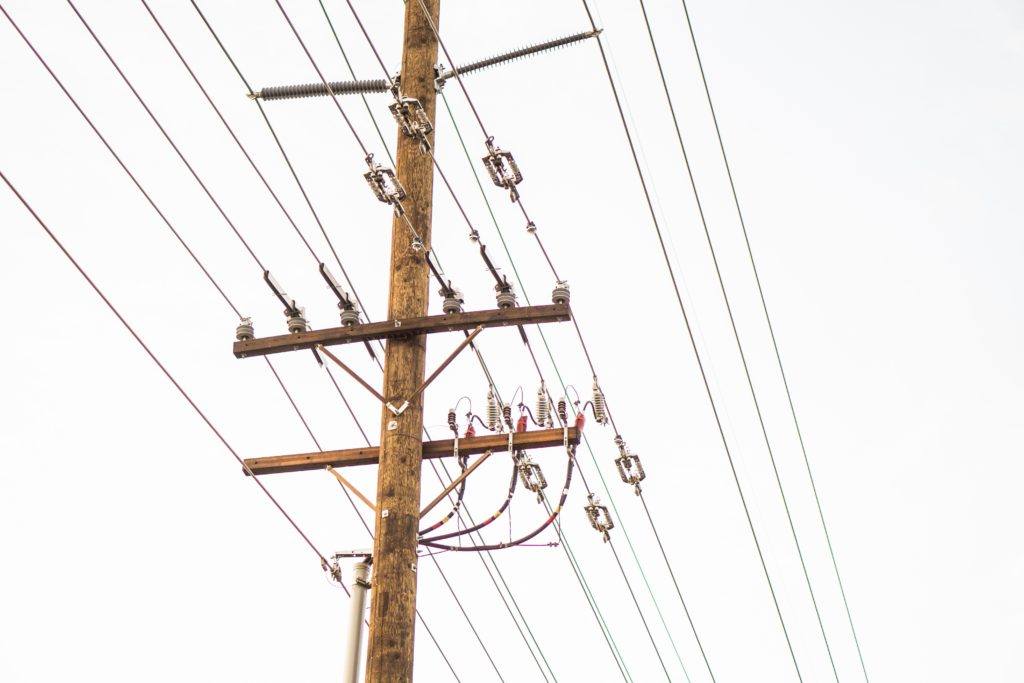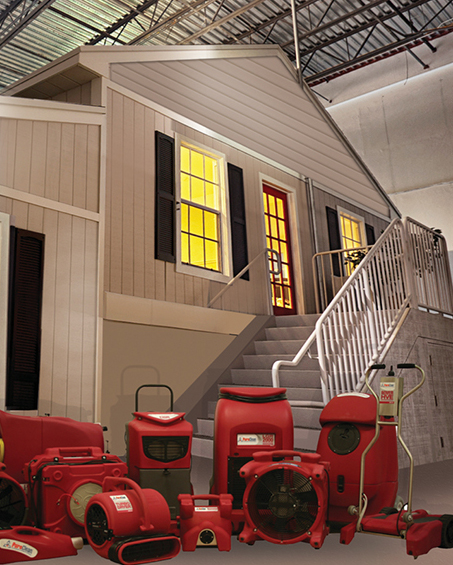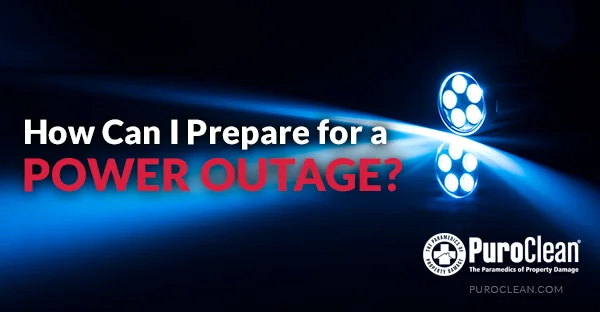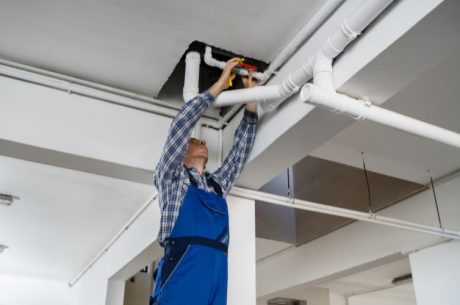
In the event of an emergency, you might have to make a lot of decisions very quickly. It is best to have some plans made before emergencies occur so that you are not scrambling at the last minute to find the things you need. Preparations ensure that you are prepared to leave your home at a moment’s notice if it is not safe to stay. They assure that you are ready to take care of yourself and your family until help comes or normality is restored. To that end, it is essential to know how to shut off utilities in your home. Here is a short guide on how to shut off utilities in the event of an emergency.
Water
In the event of flooding or a pipe breaking, the water in your house may be unsuitable for use. For whatever emergency might require shutting off the main water supply to the house, it is a good idea to know where it is.
If you have a basement, it’s likely that the main valve is located there. If you do not have a basement, you might be able to find the main water valve with simple logic by following the supply lines through your house. In either case, when in doubt, call a plumber. A professional can not only show you where the main is located but can also make sure you know how to turn it off.
Do not turn the water back on until you are confident that it is safe to do so.
Gas
The main gas supply to your house could be located in one several places. Most likely, it will be in your basement, or near the meter. If you did not take the time to find out its location when you moved into your home, then now is a great time.
Most gas supply valves have a handle that you can turn. It may be a good idea to have a wrench or set of pliers nearby just in case your valve does not have a handle, or in case it breaks. The last thing you want to deal with in an emergency is a gas leak.
Natural gas is odorless. Gas companies add a scent to alert people when there is a leak. If you smell gas or hear a hissing sound, do not attempt to turn off the gas yourself. Instead, get everyone out of the house and call the gas company immediately. When the danger has passed, you should not attempt to turn on the gas yourself. Just call the gas company and they will be happy to safely turn it back on.
Electricity
Electricity can create a dangerous situation whether it appears to be working or not. For example, if you experience flooding, do not enter a room with standing water. If it makes contact with an electrical outlet or light socket, you can be electrocuted, even if the electricity to the house is turned off. The only way to be certain that the house is free of power is to remove the electrical meter.
In less emergent situations, where there is still need to turn off the electricity, make sure you know where the power box is. This may be a breaker box or in an older home, it may be a fuse box. Once you have identified the box, make sure you know how to turn the electricity off. Usually, this involves flipping the main breaker. But if you are unsure, by all means, contact an electrician.
When you are in the middle of an emergency situation, the last thing you need to do is waste precious time scrambling. Be prepared. Preparations may include 72-hour kits, first aid training, and an evacuation plan. Knowing how to shut off utilities should also be a part of your preparations. Making sure that everybody in the house knows where utility access is located and how to shut it off will ensure a quick execution of your emergency plans and possibly your survival.




 PuroClean Restoration Specialists
PuroClean Restoration Specialists